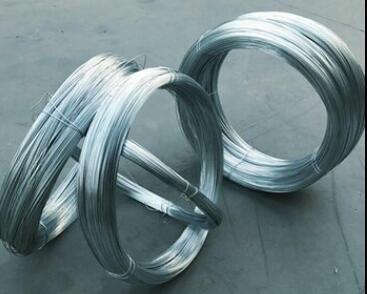Understanding Drywall Screws in Cement Boards
Cement board has become a popular choice for various construction and remodeling projects, particularly in areas with high moisture, like bathrooms and kitchens. When it comes to installing cement boards, one of the essential components for a proper and secure installation is the proper use of drywall screws. This article discusses the function of drywall screws in cement boards, their advantages, and best practices for installation.
The Role of Drywall Screws
Drywall screws are designed to hold drywall sheets to wooden or metal studs. However, when it comes to installing cement boards, using the right type of screws is critical. Cement board is heavier and denser than standard drywall, which means it requires more robust fasteners to ensure a secure fit.
Types of Screws for Cement Board
While you can technically use standard drywall screws, it is highly recommended to use screws specifically designed for cement boards. These screws typically have a corrosion-resistant coating and feature a modified thread design that allows them to penetrate harder materials. The most commonly used screws for cement board installations are
1. Cement Board Screws These are specifically designed for attaching cement boards to framing. They usually have sharp points for easy penetration, and their threads are designed to grip the cement material securely.
2. Corrosion-Resistant Screws In wet environments, such as bathrooms, it is crucial to use screws that are resistant to rust and corrosion. Stainless steel or coated screws are ideal for this purpose, as they prevent degradation over time.
3. Self-Drilling Screws These screws are designed with a cutting point that allows them to drill into the cement board without pre-drilling, which can save time during installation.
Advantages of Using Drywall Screws in Cement Boards
Using drywall screws or, more aptly, cement board screws in cement board applications offers several advantages
1. Sturdiness Properly installed cement board provides a solid substrate for tiles or other finishes, ensuring durability and longevity.
drywall screws in cement board

2. Resistance to Water Damage Cement board is inherently moisture-resistant, and using the right screws enhances this characteristic, reducing the risk of mold and decay.
3. Ease of Installation Screws are relatively easy to insert, and the right tools make the installation process smoother and quicker compared to other fastening methods like nails or adhesives.
Best Practices for Installation
To ensure a successful cement board installation using drywall screws, consider the following best practices
1. Pre-Drill While self-drilling screws are available, pre-drilling can help avoid cracking in the cement board, particularly if using standard drywall screws.
2. Spacing Follow the manufacturer’s recommendations for screw spacing, which is typically around 8 inches on the edges and 12 inches in the field. Proper spacing helps distribute stress across the board.
3. Countersink Screws When installing, ensure the screws are slightly recessed below the surface of the cement board. This technique prevents any protrusions that may interfere with tile placement or other finishes.
4. Check for Compatibility Always ensure that the screws you are using are compatible with the specific type of cement board you are working with. Different brands may have unique requirements.
5. Use a Screw Gun A screw gun with adjustable torque settings can help avoid overdriving the screws, which can compromise the integrity of the cement board.
Conclusion
In the realm of construction, selecting the right materials and fasteners is crucial for the success and longevity of a project. Drywall screws, specifically designed for cement boards, play a vital role in creating a stable and moisture-resistant substrate for further finishes, such as tiles. By understanding the types of screws available and following best practices for installation, DIY enthusiasts and professionals alike can achieve a durable and effective result in bathroom and kitchen renovations, or any area where moisture management is a priority. Considerations such as screw type, installation methods, and maintenance can significantly affect the outcome of your project, ensuring it stands the test of time.

















